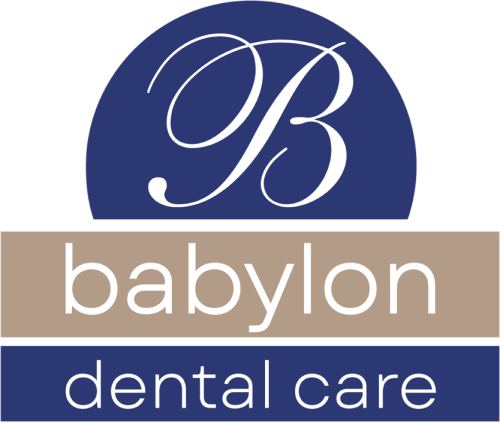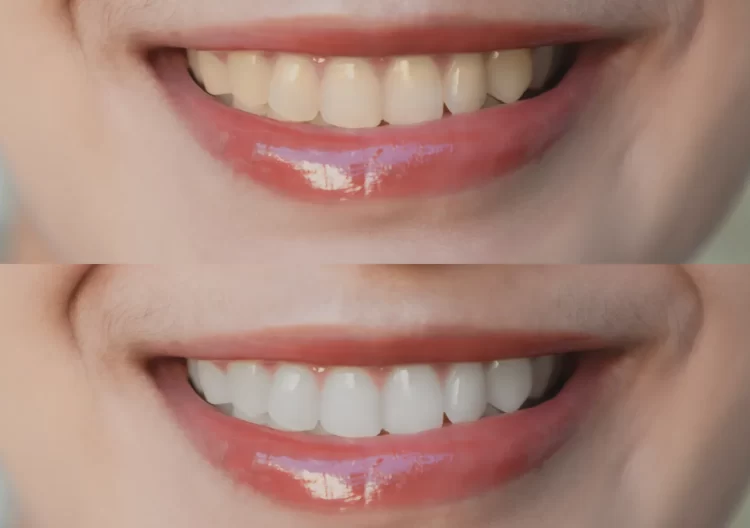 When you’re sick, it’s very important to take care of yourself – which includes your oral health. Below are some helpful tips for taking care of mouth while you’re under the weather.
When you’re sick, it’s very important to take care of yourself – which includes your oral health. Below are some helpful tips for taking care of mouth while you’re under the weather.
- Always practice good hygiene. Make sure you continue to brush your teeth when you’re not feeling well. Do not share your toothbrush at any time, especially when you’re sick. The flu virus lives on moist surfaces – like a toothbrush – for up to 72 hours, according to the Centers for Disease Control and Prevention (CDC). As a rule of thumb, replace your toothbrush every three months or as soon as bristles start to fray.
- Rinse mouth out after vomiting. One of the worst symptoms of stomach flu is nausea and vomiting. While you may want to brush your teeth right after vomiting, experts say it’s critical that you wait. When you vomit, your stomach acids are coating your teeth, so if you were to brush your teeth immediately you would smear that acid all over your teeth’s hard outer shell. Instead of brushing, swish with water, spit, and brush about a half hour later. A diluted mouth wash or a mixture of water and baking soda can wash the acid away.
- Go with sugar-free cough drops. When shopping for cough drops at the drugstore, be sure to read the labels. Avoid drops with ingredients like high fructose corn syrup. Drops with sugar can lead to cavities. The longer you keep a sugary drop in your mouth, the more time bacteria have to eat the sugar, which creates an acid that can leave your teeth with holes.
- Stay hydrated. It’s critical that you drink plenty of water when you’re sick. This will prevent dry mouth, which increases your risk of developing cavities. Also, medications you may be taking, such as antihistamines, dry out the mouth. Drinking a lot of water can offset this side effect. Suck on sugar-free cough drops and throat lozenges to keep your saliva flowing.
- Gargle with salt water. Mix a tablespoon of salt in a warm glass of water, gargle, and spit. This will help reduce the harmful bacteria in your mouth and cut down on the effects of plaque and bad breath.
- Make an appointment with your dentist. If you’re experiencing symptoms like severe tooth pain and gum irritation or persistent dry mouth that do not get better from home treatments, schedule an appointment to see a dentist.
We hope you found these oral health tips useful. While your mouth may not be your No. 1 concern when you have an illness like the flu, it’s important not to neglect oral hygiene so that oral health problems don’t develop.
Contact Us
The team at Babylon Dental has been treating our patients like family for almost four decades. Whether you’ve recently been sick or whether you just need a checkup, we’ll be here to provide the highest quality checkups, cleanings, and oral hygiene services around. Schedule an appointment with us by calling (631) 983-2937. A healthier mouth starts here!



